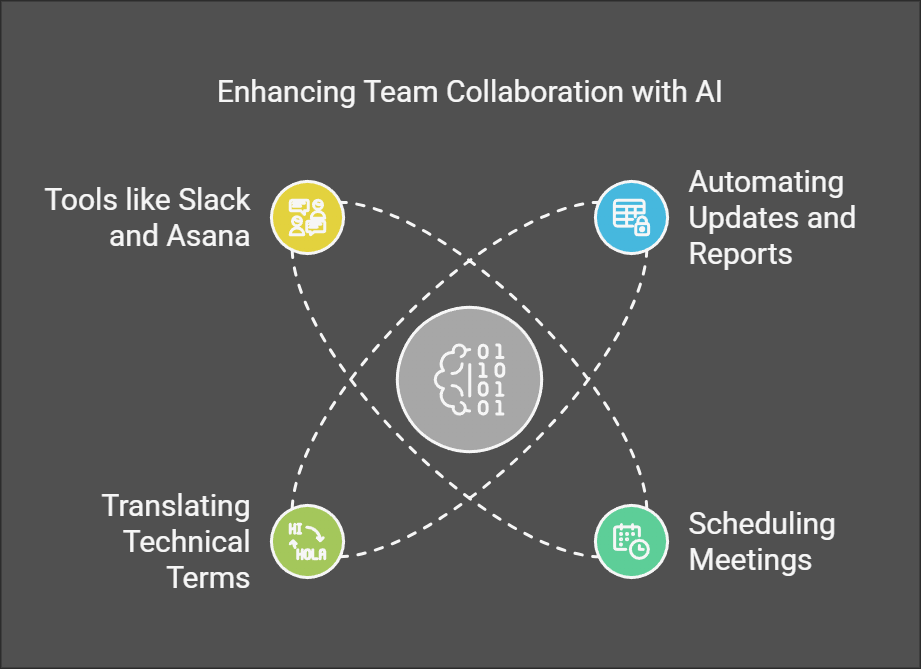How Artificial Intelligence (AI) is Changing Product Management and Software Development
- Vijay Rangu
- Jan 13
- 2 min read
Artificial Intelligence (AI) is no longer a thing of the future. It’s here, and it’s transforming the way we work, especially in product management and software development. AI helps teams work faster, make better decisions, and create innovative solutions. Let’s explore how AI is making a big difference in these fields.
1. Smarter Decisions in Product Management

Understanding Data Better
Product managers deal with loads of data to understand what customers need and how products perform. AI tools make this easier by:
Finding useful insights from complex data.
Predicting what customers might do next.
Spotting trends and opportunities in the market.
For example, tools like Amplitude and Mixpanel use AI to analyze user behavior, helping product managers decide which features to focus on.
Planning with Confidence
AI helps product managers create better plans by:
Suggesting which tasks should come first.
Aligning priorities with business goals and customer needs.
Organizing and ranking tasks automatically.
This means less time spent on organizing and more time spent on strategy.
2. Speeding Up Software Development

Writing and Fixing Code
AI-powered tools like GitHub Copilot and Tabnine act like assistants for developers. They:
Write code snippets based on simple instructions.
Help fix errors in the code.
Suggest ways to improve code quality.
This saves time and reduces mistakes, so developers can deliver better software faster.
Testing Made Easy
Testing software is crucial, and AI makes it quicker and more reliable by:
Automating repetitive tests.
Highlighting areas that might need extra testing.
Simulating real-world conditions to check performance.
Tools like Testim and Applitools are great examples of how AI simplifies testing.
3. Creating Personalized Experiences

Personalized experiences keep customers happy. AI helps by:
Learning what users like and showing recommendations they’ll enjoy.
Making chatbots and virtual assistants smarter using natural language processing (NLP).
Adapting interfaces based on how users interact.
Netflix and Spotify are excellent examples of how AI delivers personalized content.
4. Better Teamwork and Communication

AI makes it easier for teams to work together by:
Automating updates and reports.
Scheduling meetings and managing resources efficiently.
Translating complex tech terms into simple language for non-technical team members.
Tools like Slack and Asana use AI to boost productivity and keep everyone on the same page.
5. Predicting and Managing Risks

AI helps teams avoid problems before they happen by:
Identifying delays or issues in projects early.
Predicting how products will perform after launch.
Finding security risks in the software.
With AI, teams can address risks early and ensure smoother project delivery.
Challenges to Keep in Mind

While AI offers many benefits, there are challenges too, such as:
Fairness: Ensuring AI algorithms don’t favor certain groups unfairly.
Privacy: Keeping user data safe and secure.
Balance: Using AI as a tool, not a replacement for human judgment.
Conclusion
AI is changing the game in product management and software development. It saves time, improves decisions, and helps create amazing user experiences. But, it’s important to use it responsibly and balance it with human creativity and insight.





Comments